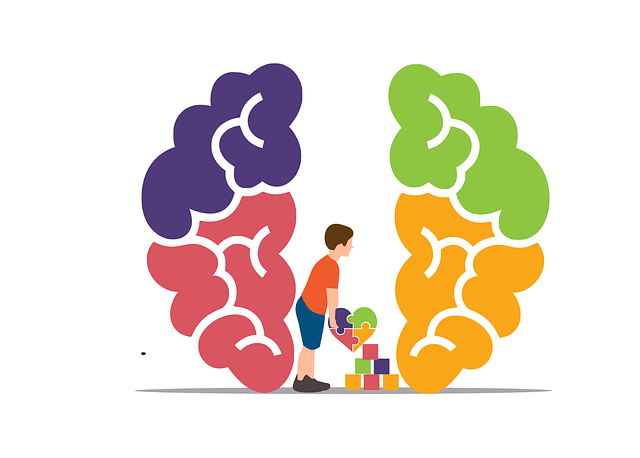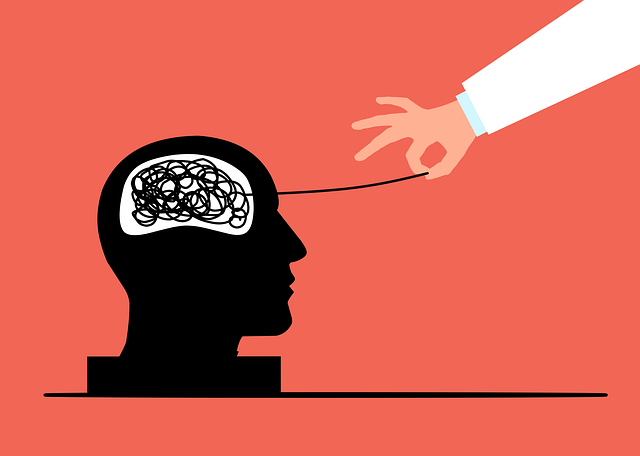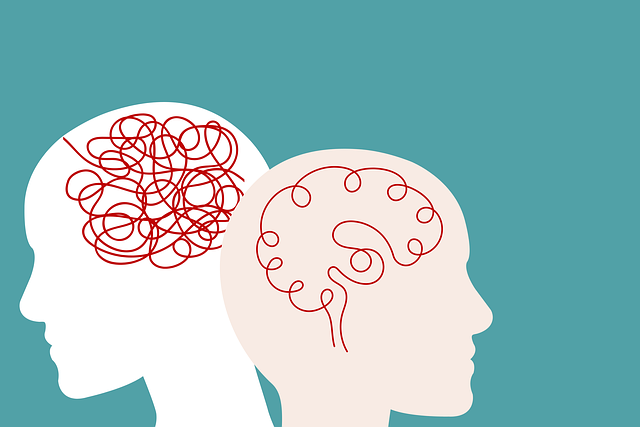Littleton Veterans Therapy addresses the unique mental health challenges faced by veterans through specialized, culturally sensitive care and the Mental Wellness Podcast Series. In the digital age, they lead in using technology with innovative apps offering discreet solutions for PTSD, depression, and confidence building. These apps incorporate evidence-based practices like CBT, mindfulness exercises, and stress management strategies, along with secure user privacy and ethical design, to revolutionize veteran mental health support.
In an era where digital solutions are reshaping healthcare, the development of mental wellness apps offers promising avenues for supporting veterans. This article explores how technology can enhance therapy for Littleton Veterans, delving into key aspects such as understanding mental health, leveraging tech’s potential, designing effective app features, and addressing critical privacy, security, and ethical concerns. By examining these facets, we aim to highlight a modern approach to veteran support through innovative apps.
- Understanding Mental Health and Its Impact on Veterans
- The Role of Technology in Veteran's Therapy: A Modern Approach
- Developing Effective Features for a Mental Wellness App
- Ensuring Privacy, Security, and Ethical Considerations in App Design
Understanding Mental Health and Its Impact on Veterans

Mental health is a critical aspect of overall well-being, and its impact on veterans cannot be overstated. Many veterans face unique challenges upon returning from duty, including trauma, PTSD, depression, and anxiety—issues that often require specialized care. The experiences encountered during military service can significantly affect mental health, leading to long-term consequences if left untreated.
Littleton Veterans Therapy, for instance, recognizes the importance of addressing these specific needs. They offer tailored services, considering cultural sensitivity in mental healthcare practice, which is essential in building trust and ensuring effective treatment. The Mental Wellness Podcast Series Production can also play a vital role by providing accessible resources through audio content, promoting self-care routine development for better mental health among veterans.
The Role of Technology in Veteran's Therapy: A Modern Approach

In today’s digital era, technology has emerged as a powerful tool in revolutionizing veteran’s therapy and mental health support. Littleton Veterans Therapy is at the forefront of this modern approach, utilizing innovative apps to address unique challenges faced by veterans upon their return home. These digital platforms offer accessible and discreet ways for veterans to seek help, fostering a sense of comfort and convenience that traditional therapy settings may not provide.
By leveraging technology, mental health professionals can design engaging and interactive mental health education programs tailored to veteran experiences. Apps focused on depression prevention and confidence boosting techniques have proven effective in managing post-traumatic stress disorder (PTSD) and other common mental health concerns among veterans. Through gamified exercises, virtual support groups, and personalized coaching, these apps offer a discrete and readily available resource for those in need.
Developing Effective Features for a Mental Wellness App

Developing a mental wellness app that truly supports users’ well-being requires thoughtfully crafted features. Incorporating evidence-based practices like cognitive behavioral therapy (CBT) techniques for positive thinking and resilience building can be transformative. These tools, coupled with mindfulness exercises and stress management strategies, provide users with practical ways to navigate their mental health challenges.
For instance, the app could include daily mood trackers that encourage self-reflection, allowing users to identify triggers and patterns contributing to stress or anxiety. Additionally, features like guided meditation sessions tailored for specific concerns, such as sleep issues or social anxiety, can offer immediate relief. By combining these strategies with a supportive community—similar to what Littleton Veterans Therapy fosters—users can build lasting resilience and enhance their overall mental wellness.
Ensuring Privacy, Security, and Ethical Considerations in App Design

In the realm of mental wellness app development, prioritizing privacy, security, and ethical considerations is paramount. Users, especially those availing services like Littleton Veterans Therapy, entrust their sensitive personal information to these digital tools. It’s crucial to implement robust data encryption protocols and secure storage mechanisms to safeguard user details from unauthorized access or breaches. This not only ensures the confidentiality of users’ mental health records but also fosters trust in the app.
Furthermore, ethical considerations extend beyond data protection. App designers must thoughtfully integrate features promoting positive mental health practices such as Mood Management techniques and Mindfulness Meditation exercises. They should also ensure transparency about data usage, providing clear consent mechanisms for any external sharing or third-party integrations. Community Outreach Program Implementation can play a vital role in promoting app adoption and ensuring its benefits reach a broader audience, especially those who might not typically access mental health services.
In light of the growing importance of mental wellness, particularly among veterans, the integration of technology through innovative apps holds immense potential for enhancing access to care. By combining insights from understanding veteran’s unique mental health challenges and leveraging modern therapeutic approaches, developers can create impactful tools like Littleton Veterans Therapy apps. A successful app must prioritize user privacy, security, and ethical considerations while offering effective features tailored to this population. This multi-faceted approach ensures that technology serves as a genuine game-changer in supporting veteran’s mental health journeys.











